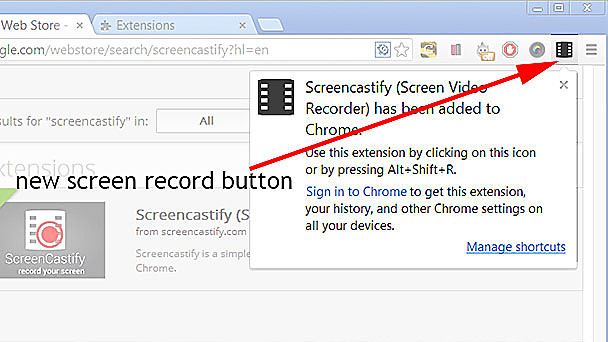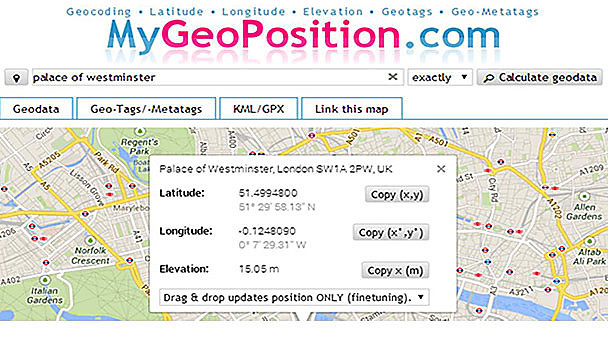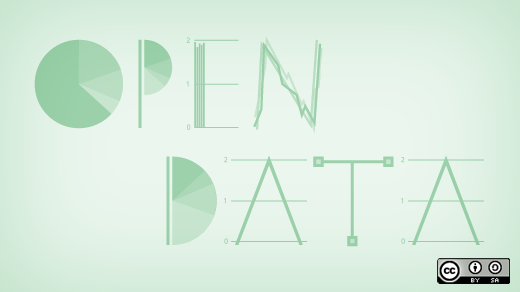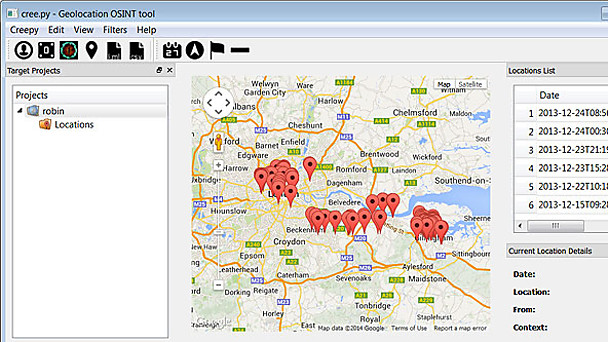Data Journalism
Customise your Browser: Using Add-ons for your Web Research
|
While many people use Internet Explorer to surf the net, users of Firefox and Chrome enjoy a wider range of options when it comes to add-ons. Add-ons are little apps that run inside the browser and allow you some extra functionality. They are usually free and are launched by either clicking on a button or choosing from a right-click menu.





